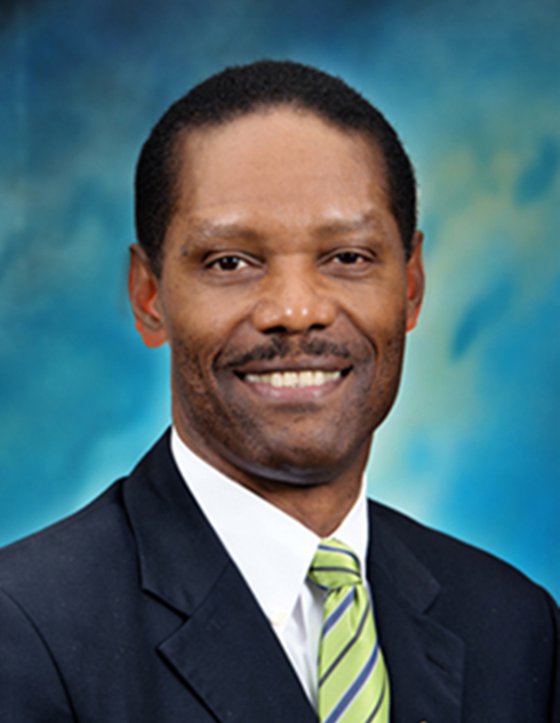Creating a brighter future for today’s students
From the ACSA President, Ron Williams
March 1, 2021

In the midst of these realities, our administrators face a twofold opportunity. First, being an empathetic presence to stakeholders experiencing isolation across our districts — a toll that may not be realized for generations to come. We must deploy social and emotional services. Second, the time is ripe for system-wide transformation.
As schools reopen, many educational leaders do not believe we will return to a system designed for the Industrial Era. During this past year, digital learning practices were discovered.
We now have a clean canvas to redraw our educational picture impacting future generations. Because of such long-term ramifications, we are called to systemic leadership.
This past century’s trail of education reforms have left a footprint of failure — of addressing symptoms rather than the underlying problems. The achievement gap is a symptom blamed for school failure. However, the underlying problems are inequities in society and an education system designed to sort most students for assembly-line jobs. These have disappeared given robotics and cheaper labor elsewhere in the world. Thus, in spite of a technologically transformed world, the education system functions according to design. Changes either support or impede transformation. We need to lead changes supporting transformation or continue getting results the system was designed to produce.
Albert Einstein wrote that people cannot solve problems using the same thinking that created them. Consequently, we, as educational leaders, need systems thinking to understand how universal inequities have risen to consciousness as a result of the pandemic.
The doors to our digital divide have been opened. We must walk through them with a renewed moral compass and challenge the unexamined assumption that all families have access to the digital amenities that we possess. Although most have access to technology, many lack the infrastructure and tools in their homes. Addressing these connectivity issues means meeting a survival need in a world where information and communication occur electronically.
The COVID virus has paralyzed the economy, necessitated urgent need for vaccination distribution systems and revealed digital inequity crippling the education of youth deserving better. If we, as educators, are to contribute to economic prosperity, we must create a future where digital equity and universal human rights are core values so all people have the means to fulfill their potentials and revitalize our democratic republic.


